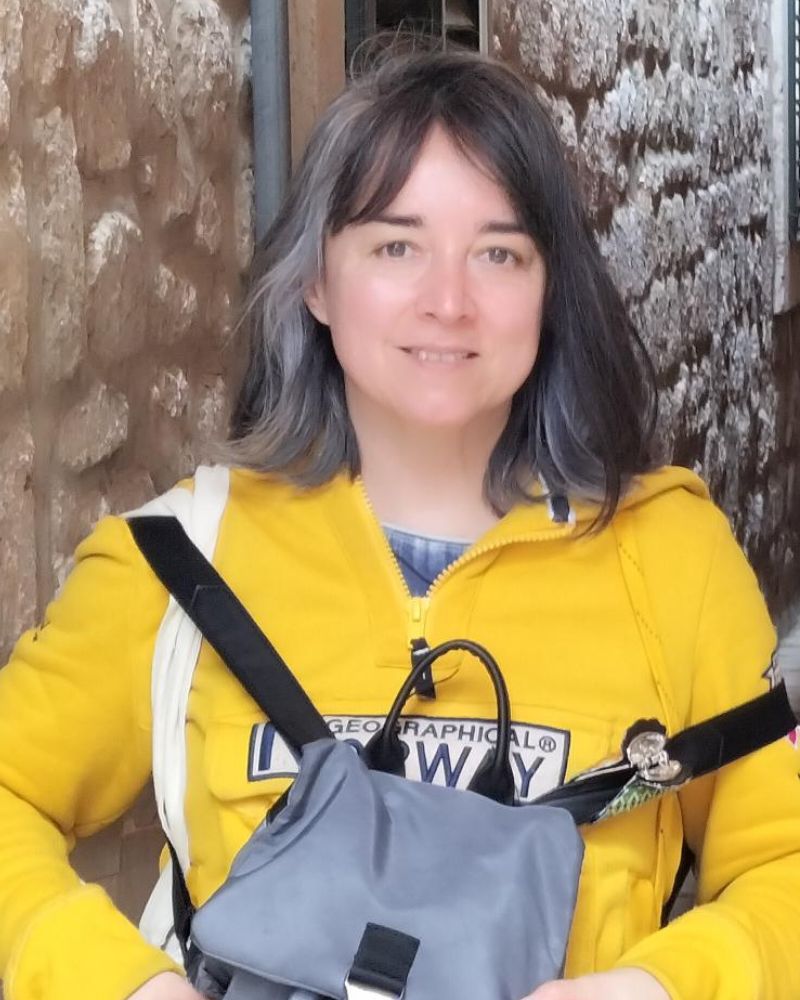Humanity and Society
Resources
- Open data (digital coverage, gap studies).
- Audiovisual industry reports (CNMC, ICAA, EGEDA, Creative Europe).
- European and Spanish regulations on accessibility.
- Academic papers on AI applied to audiovisual media and accessibility.
- Accessibility studies and associations (ONCE, CERMI, etc.).
Thematic Context
Aimed at students of Interaction Design, Audiovisual Communication, Psychology, Multimedia Engineering, or social disciplines with an interest in accessibility and inclusive design.
Intro
Cinema is a universal cultural asset, but it is not always accessible.
People with hearing or visual impairments encounter barriers that prevent them from fully enjoying films in theaters and on streaming platforms.
Technologies such as audio description, automatic subtitling, and synchronized apps are helping to make cinema more inclusive, in line with European and Spanish accessibility regulations.
Challenge Description
This challenge asks you to investigate the current state of accessibility technologies applied to cinema and propose solutions that improve the inclusion of people with sensory disabilities in theaters and digital platforms.
Objectives:
- Map accessibility technologies in cinema: subtitling, audio description, mobile apps, AI.
- Analyze the regulatory framework (European Accessibility Act and Spanish legislation).
- Study cases of implementation in Spain and internationally (e.g., apps such as MovieReading, Actiview).
- Identify technical, economic, and cultural barriers to the adoption of these technologies.
- Design accessible and scalable improvement proposals, adaptable to both physical theaters and OTT platforms.
Final project:
Applied research on audiovisual accessibility technologies (apps, subtitling, audio description) with proposals for improvement. It will serve as a guide for implementing inclusive solutions in cinema and digital platforms.
